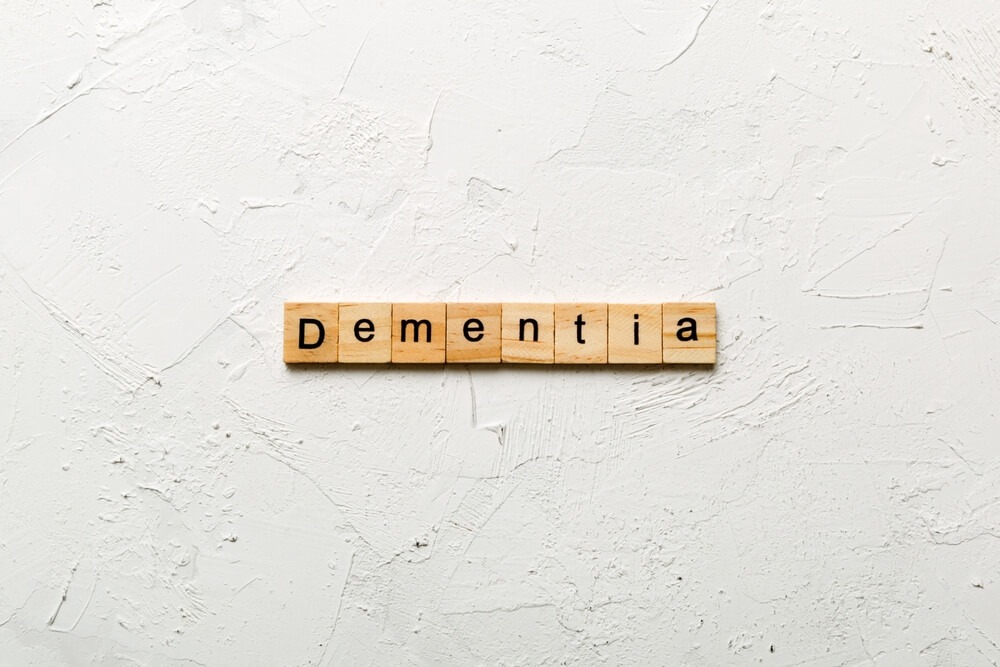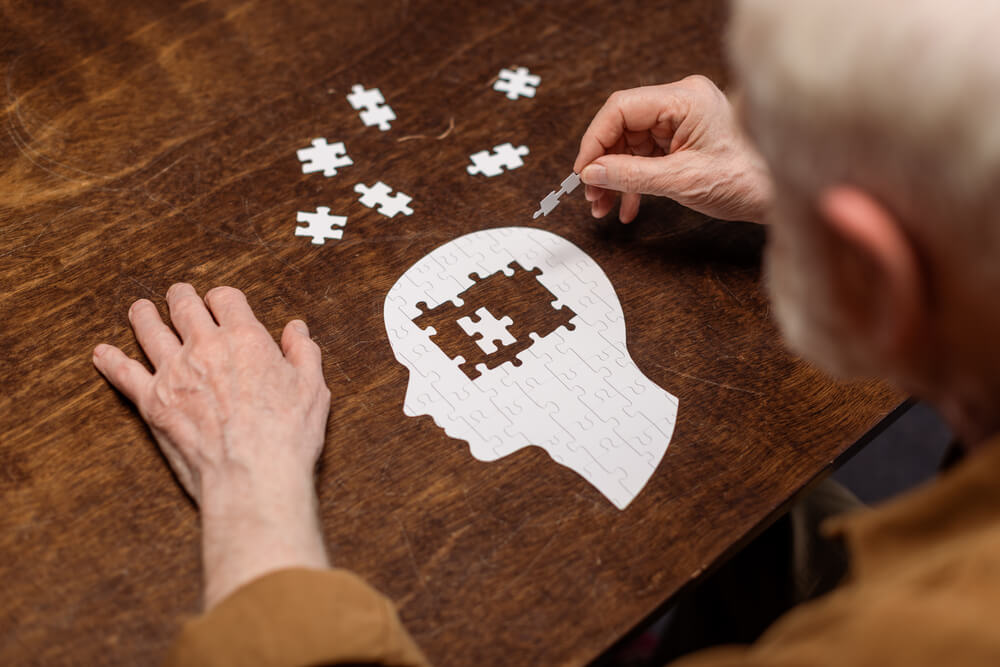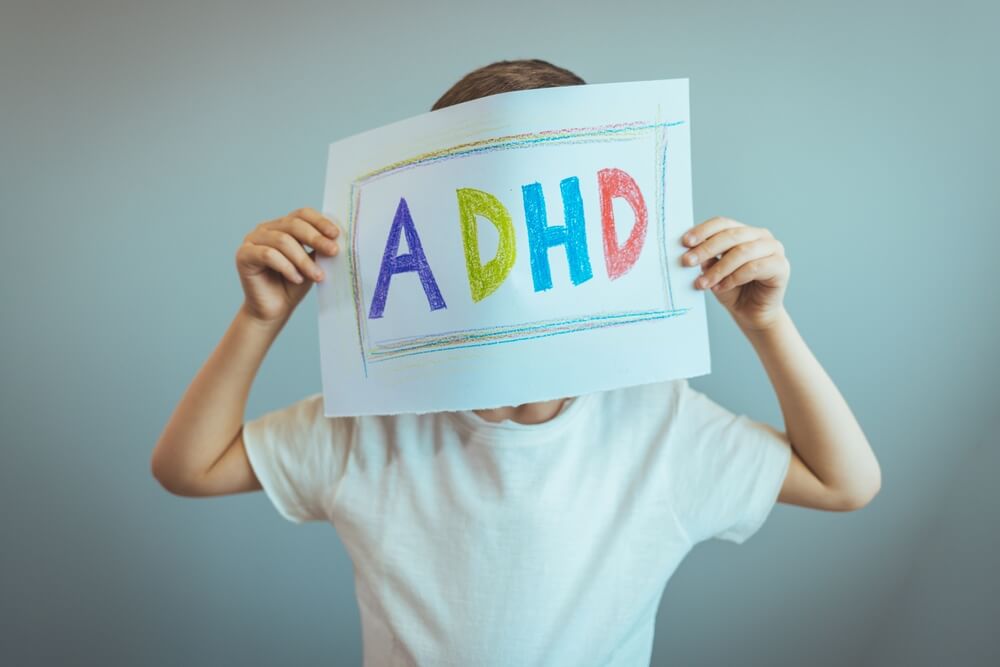
Frequently forgetting things is not simply about "senior moments". Nor can it always be perceived as normal aging. Dementia is a collection of serious medical conditions. It represents biological roots. A fundamental alteration of brain structure and function causes it.
The Global Alzheimer's and Dementia Action Alliance (GADAA) declares dementia one of the most serious health crises of the 21st century. Every three seconds, someone somewhere develops dementia. By the time you reach the end of this sentence, another life has changed forever because of this progressive brain disorder.
An estimated 7 million Americans are living with Alzheimer's currently. Adding to it, NIH researchers estimate that by the age of 55, 42% of Americans will eventually develop dementia.
These are not just statistics. They represent millions of people whose memories and personalities fade, as well as whose independence slowly declines. Dementia stands as one of the most pressing public health challenges of our time.
What is dementia truly? How does it manifest? What can be done to manage dementia? Everyone must understand these questions for anyone who may face this condition. Also for themselves or to support someone who does.

Dementia is a collective term that covers a spectrum of progressive brain disorders that harm cognitive function. It weakens memory and thinking and reduces reasoning and daily independence. It is not a single disease, but it is a syndrome. You can characterize it by a decline in intellectual abilities severe enough to interfere with daily life and independence.
Dementia typically involves deficits in one or more cognitive domains, including:
While dementia most commonly affects older adults but it is not a normal part of aging.
It is a serious concern with nearly 10 million new cases every year globally. This global epidemic continues to accelerate as populations age. It is highly important to learn about it!!
Note that Dementia is different from forgetfulness in normal aging. Let’s learn the differences:
| Dementia vs Normal Aging: Understand the Difference | |
| Normal Aging | Dementia |
| Forgetting names and appointments becomes the usual. | Frequently forgetting recently learned details and not remembering them later. |
| Not so often needing help with new tasks, eg, technology, etc. | Difficulty completing regular tasks at home or in your regular space. |
| Making poor decisions sometimes. | Exhibiting poor judgment and decision-making consistently. |
| Sometimes losing things, but able to retrace steps. | Misplaces things frequently and is unable to retrace steps; may accuse others of stealing. |
| Experiencing typical age-related vision changes. | Much difficulty with spatial relationships, visual images. |
| Occasionally needing to pause to find the right word. | Having trouble following or joining conversations, stopping mid-sentence. |
According to NIH, these are the four types of Dementia:
Alzheimer’s disease is the typical form of dementia responsible for nearly two-thirds of all cases. Abnormal deposits of protein build up form of amyloid plaques and tau tangles in the brain, which slowly destroy nerve cells.
Alzheimer's typically progresses through three stages:
The disease usually develops slowly over the years. However, the timeline varies greatly between individuals.
Vascular dementia is the second most common type of dementia, which develops when damage to blood vessels limits circulation in the brain. Blood clots and such blockages interrupt the brain’s blood supply and cause a steady decline in ability.
Unusual clusters of the alpha-synuclein protein known as “Lewy bodies” disturb the brain’s chemical signals, which makes this form of dementia different from other types.
Unlike Alzheimer’s disease, where memory loss emerges first as symptoms, LBD (Lewy body dementia), however, often begins with hallucinations, changes in movement, and fluctuating mental clarity.
There is an unusual buildup of tau, and the TDP-43 proteins form inside nerve cells within the frontal and temporal regions of the brain, which mainly control language behavior and personality.
FTD usually appears earlier in life than other dementias. And often impacts people who are still working or caring for families, which creates deep personal and social strain.
Many older adults, especially those over eighty, show brain changes linked to more than one form of dementia. This condition is known as Mixed Dementia. Most frequent symptoms combine Alzheimer’s disease with vascular dementia. Mixed dementia often makes diagnosis difficult and can lead to stronger or faster-developing symptoms.

Knowing the stages of dementia and how it progresses helps families prepare for care needs, manage expectations, and offer both emotional and practical support through every stage.
| Features | Early Stage (Mild Dementia) | Middle Stage (Moderate Dementia) | Late Stage (Severe Dementia) |
| Duration | It varies, but typically lasts 2 to 4 years | Often, the longest stage lasts 2 to 10 years. | Commonly 1 to 3 years. |
| Common Symptoms | → Forgetting recently learned information.
→ Struggling with complex tasks like managing money or planning meals → Getting lost in familiar places. → Shifts in mood or personality, like pulling away or becoming irritable. → Taking longer to complete routine activities. → Struggling to find the right word. |
→ Increasing confusion and poor judgment.
→ Memory loss, including personal history. → Difficulty recognizing friends and family. → Trouble learning new information. → Language and comprehension difficulties. → Shorter attention span and cloudy/disorganized thinking. → Impulse control problems, suspiciousness, or paranoia. |
→ Inability to communicate coherently.
→ Mislaying of awareness of surroundings and recent experiences. → Severe physical decline (difficulty walking, sitting, swallowing). → Incontinence. → Vulnerability to infections, especially pneumonia. |
| Impact on Daily Life | Still largely independent with minimal support.
Still able to work, drive, and socialize. Starts to notice some difficulties. |
Requires substantial assistance with daily activities such as bathing, dressing, and using the toilet.
Sleep disturbances and wandering are common. Safety supervision is needed. |
Needs 24-hour care for all daily activities.
Typically bedridden or chair-bound. Communication occurs mainly through facial expressions, gestures, or sounds. |

Early diagnosis proffers vital benefits such as access to treatments that may slow the condition or prepare for the future. It might even provide a chance to correct possible irreversible causes of cognitive decline.
→ Memory loss that disrupts daily life, especially forgetting new information.
→ Difficulty planning or solving problems, such as struggling to follow known recipes or handle finances.
→ Trouble finishing familiar tasks at home, work, or during leisure activities.
→ Confusion about time or place, including losing sense of dates or seasons.
→ Problems interpreting visual information or judging space and distance.
→ New trouble using words in speech or writing, such as stopping mid-conversation.
→ Losing items and being unable to retrace steps to find them.
→ Weakened judgment, especially in financial or personal matters.
→ Pulling away from work and social life.
→ Noticeable changes in mood or personality with rising anxiety, suspicion, or sadness.
At Health & Psychiatry, the recognized mental health care provider in Florida, we understand that dementia affects not just memory, but every aspect of a person's life and their family's well-being.
Led by Dr. Sajan Dinar, MD, and team, our practice provides comprehensive psychiatric evaluation and management for individuals with dementia and their families.
→ Thorough diagnostic evaluation to accurately identify dementia type and stage.
→ Expert medication management to optimize cognitive function and manage behavioral symptoms.
→ Treatment of co-occurring conditions such as depression and anxiety.
→ Family education and caregiver support.
→ Guidance on safety planning and future care decisions.
→ Ongoing monitoring and treatment changes as the condition develops.
→ Kind and person-focused care that preserves dignity and quality of life.
At Health and Psychiatry, Dr Sajan Dinar and team offer specialized psychiatric care shaped around each person’s distinct experience of dementia, their overall health, and their family situation.



Copyright © 2024 Health & Psychiatry, All rights reserved